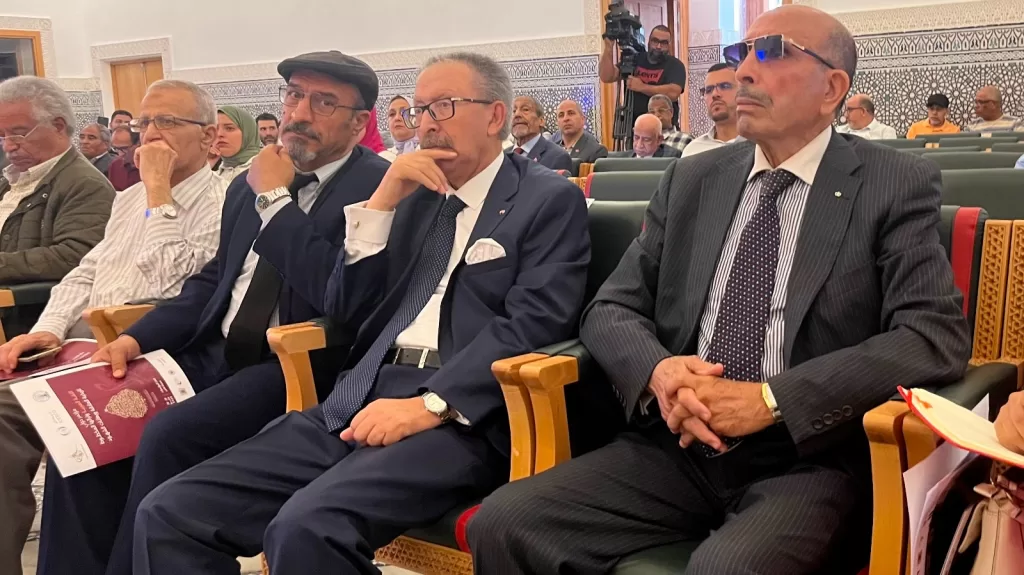
ICESCO Holds International Conference on Arabic Language and Manuscript Heritage in Fez
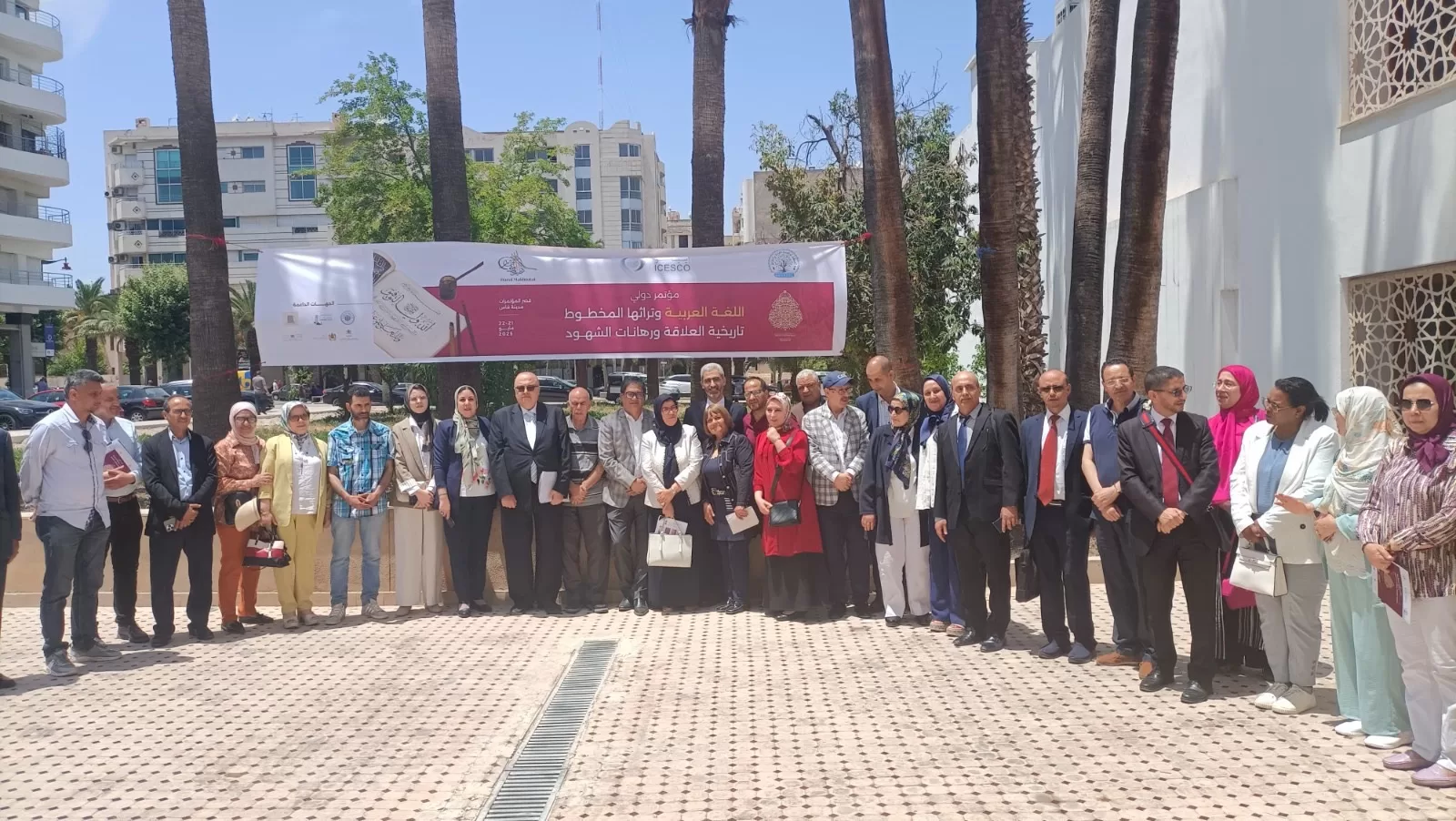
23 May 2025
On May 21–22, 2025, the Islamic World Educational, Scientific and Cultural Organization (ICESCO) held the International Conference, “The Arabic Language and its Manuscript Heritage: Historical Relationship and Key Testimonies,” in Fez, Kingdom of Morocco, in cooperation with the National Network for Reading and Culture in Morocco and Dar al-Makhtutat (House of Manuscripts) at the Sultan Ahmet Foundation in the Republic of Türkiye. The Conference brought together a host of Arabic and manuscript experts to discuss the role of manuscripts in documenting Islamic knowledge, and the future of manuscript and Arabic language studies.
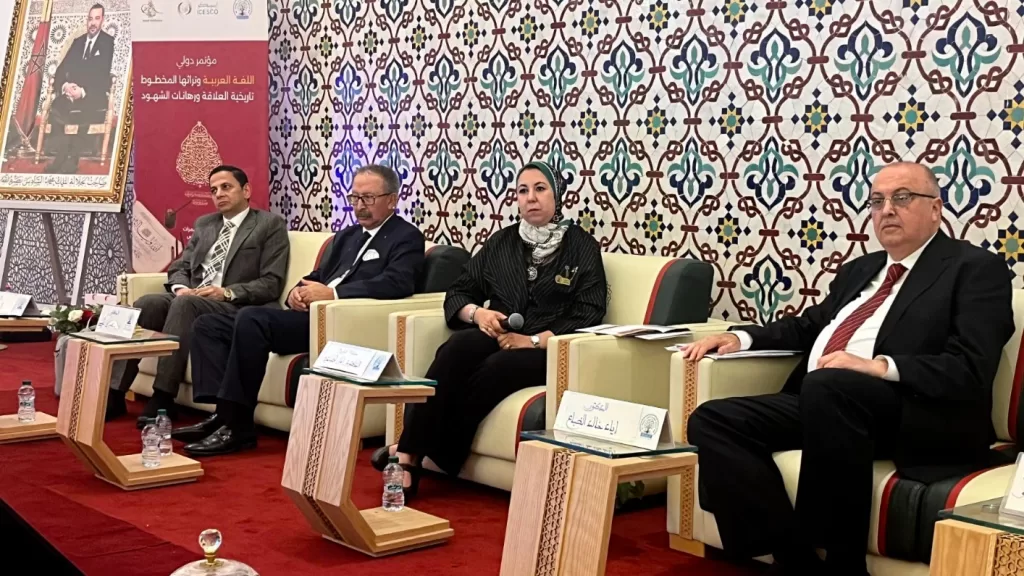
The two-day conference was marked by rich panels and academic discussions attended by experts and researchers from Morocco, Egypt, Syria, Qatar, Mauritania, and Mali. The Conference concluded its proceedings by issuing a set of recommendations, notably emphasizing the need to preserve the manuscript knowledge heritage, calling on cultural institutions to cooperate in order to introduce various age groups at different educational levels to the sciences of Arabic manuscripts, and stressing the need for scientific programs focusing on manuscripts. Participants also recommended the use of the latest technological tools and artificial intelligence applications in a bid to promote the status of the Arabic language and its manuscript heritage.
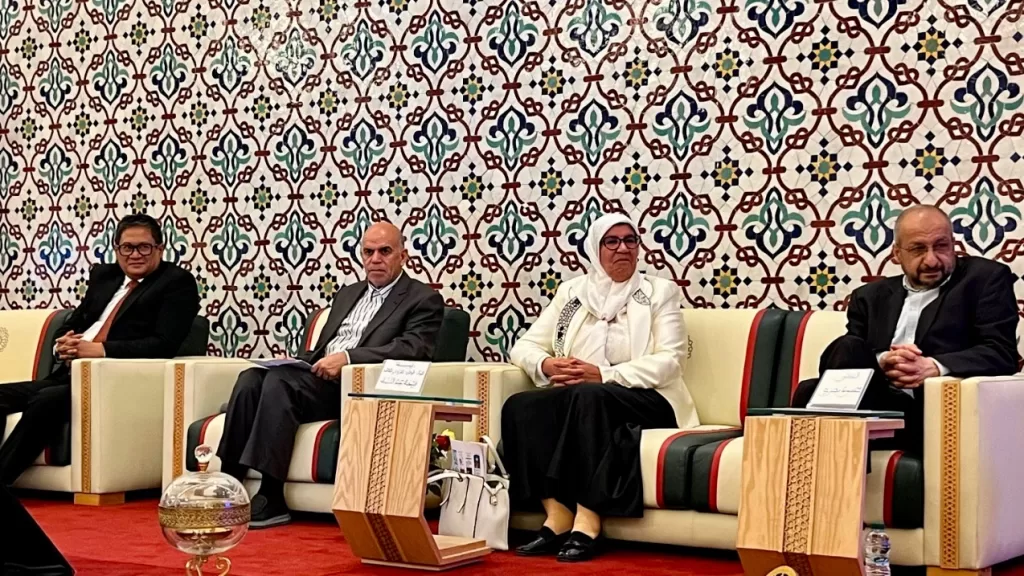
The Conference opened with the recitation of verses from the Holy Quran, followed by a general overview presented by Dr. Idham Hanash, Director of ICESCO’s Calligraphy and Manuscript Center, in which he explained the Conference’s context, objectives, and themes. Afterwards, Dr. Majdi Hajj Ibrahim, Head of ICESCO’s Arabic Center for Non-Arabic Speakers, read out an address on behalf of Dr. Salim M. AlMalik, ICESCO Director-General, who stressed that Arabic is not only a tool of speech or a medium of communication, but also a carrier of messages, a vessel of culture, and a repository of extended civilizational memory—highlighting that its manuscript heritage is one of its deepest manifestations and a living medium for the transfer of science, literature, and human knowledge.
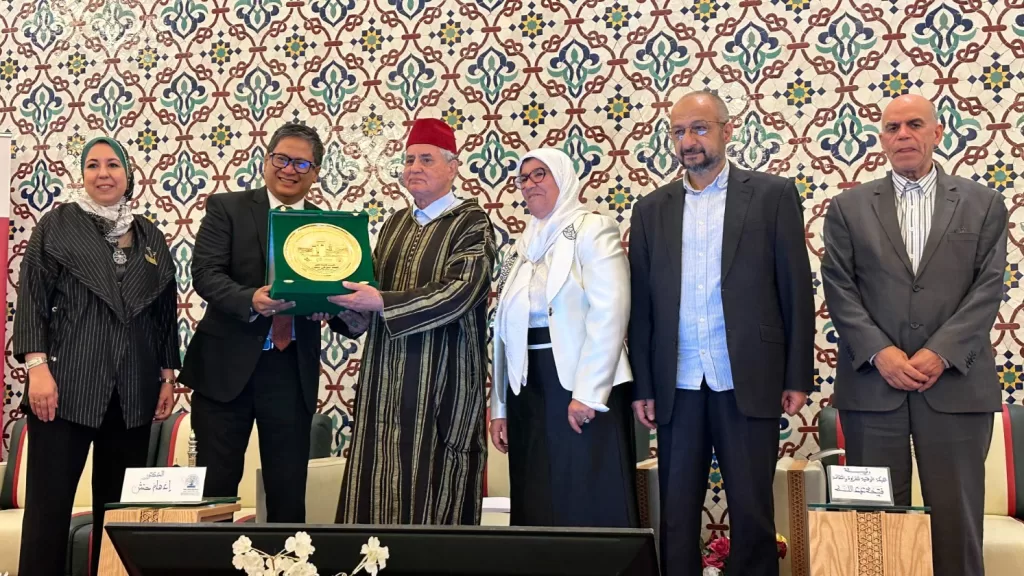
At the close of the address, Dr. AlMalik called on the participants to explore the future of the Arabic language and its manuscript heritage through a vision inspired by technology, aiming to protect both the language and its manuscripts.
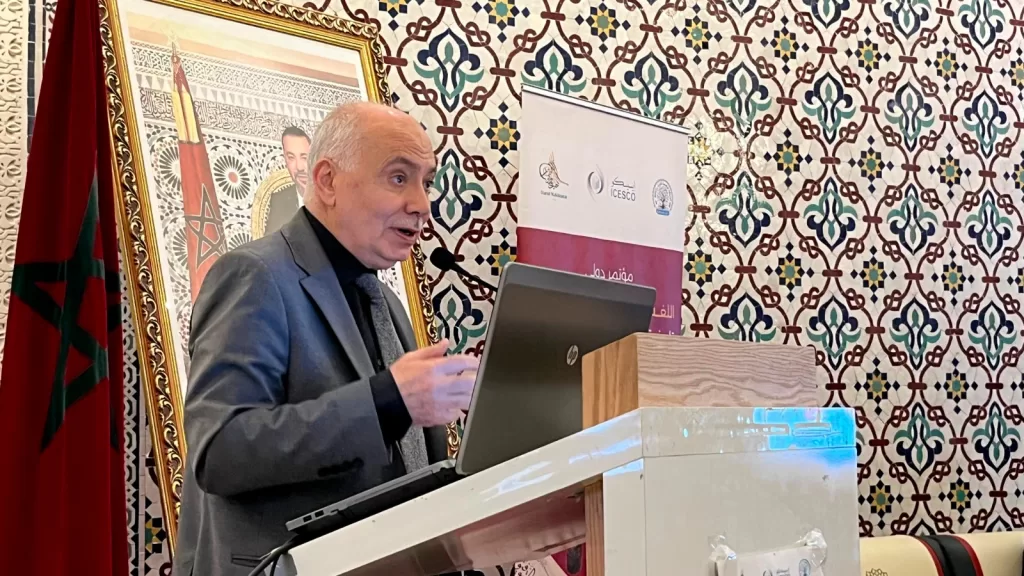
Speaking next, Dr. Fatiha Abdellah, President of the National Reading and Culture Network, stressed the need to accord due attention to the national manuscript depository, especially in the city of Fez, given the invaluable manuscripts the city houses. She called on researchers to dedicate their work to studying, authenticating, indexing, and cataloguing these key documents.
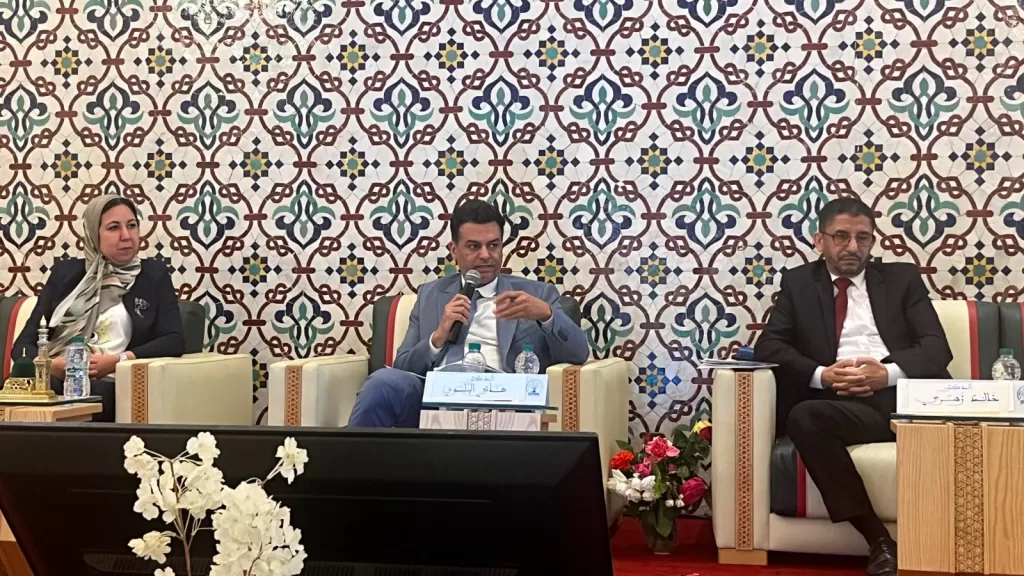
For his part, Dr. Mahmoud Masri, Director-General of Dar al-Makhtutat at the Sultan Ahmet Foundation, praised the topic of the conference and its comprehensive vision that brings together three essential elements. He further explained that language is a tool for thinking and knowledge production, which in turn becomes a heritage preserved in manuscripts. The opening session concluded with a tribute to the scholar Dr. Ahmed Chouqui Binebine, Director of the Royal Hassania Library at the Royal Palace in Rabat, in recognition of his efforts to serve manuscripts and enrich the Arab library.
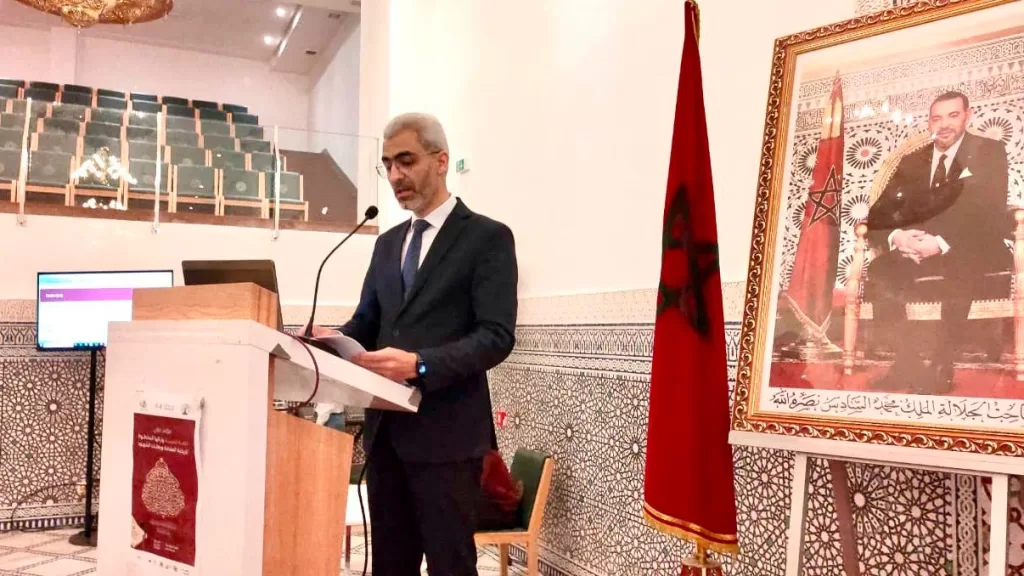
Taking part in the Conference sessions and proceedings were Dr. Adham Hamawiya, Expert at ICESCO’s Arabic Center for Non-Arabic Speakers; experts Dr. Ahmed Abdel Basset and Dr. Dr. Mohameden Ahmedou from ICESCO’s Calligraphy and Manuscript Center; and Dr. Hani Al-Balawi, Expert at the ICESCO Center for Civilizational Dialogue.
